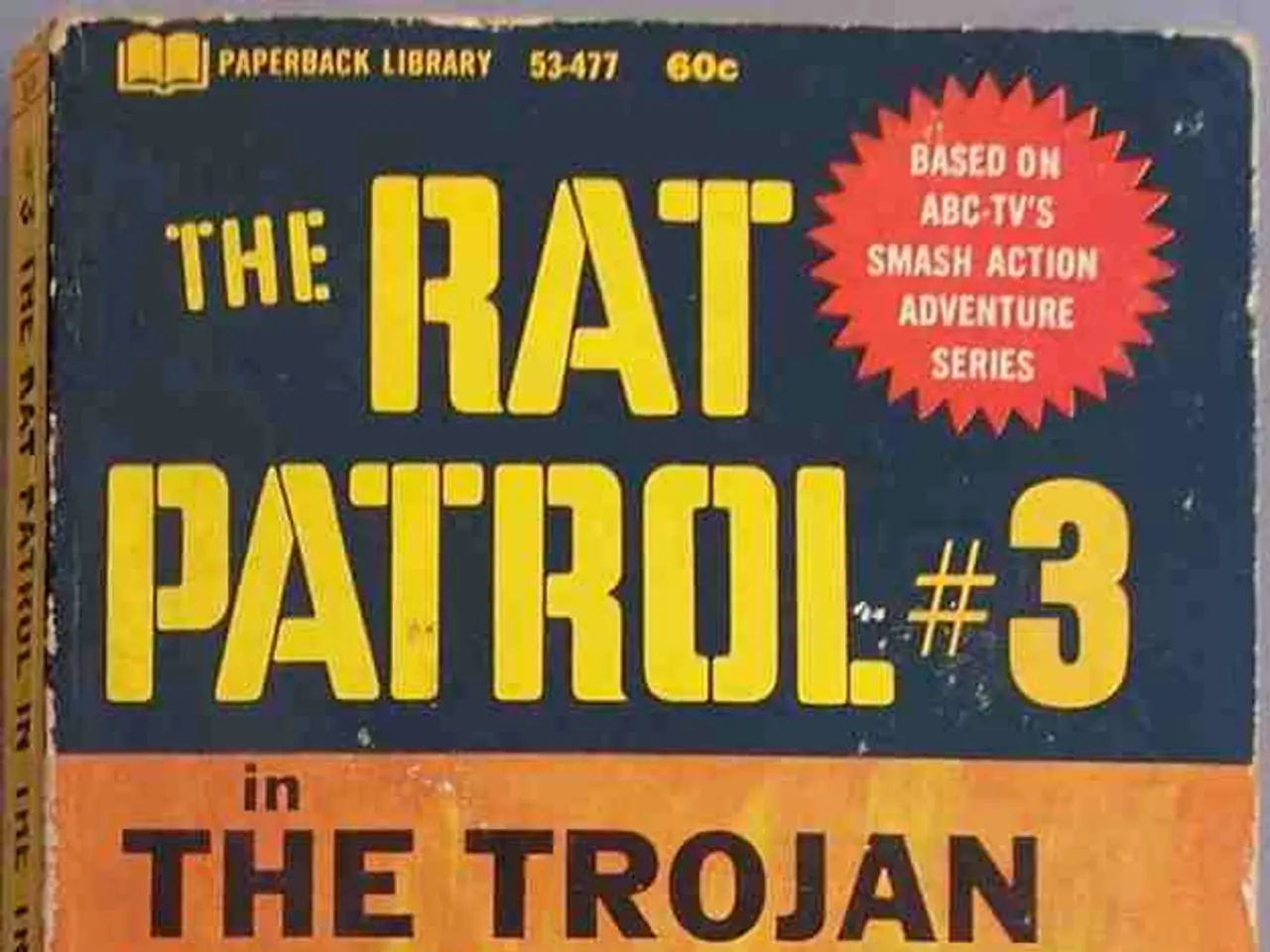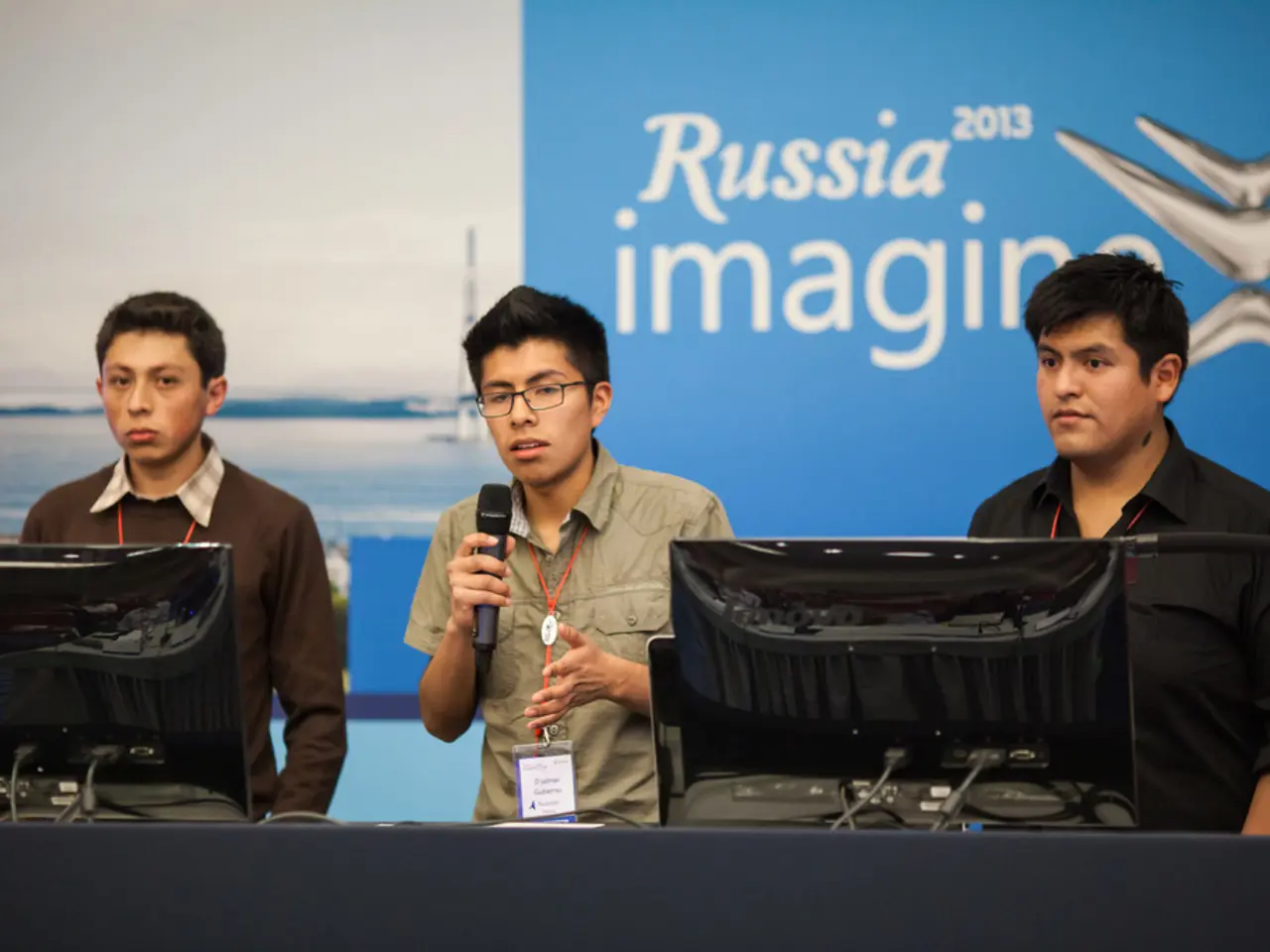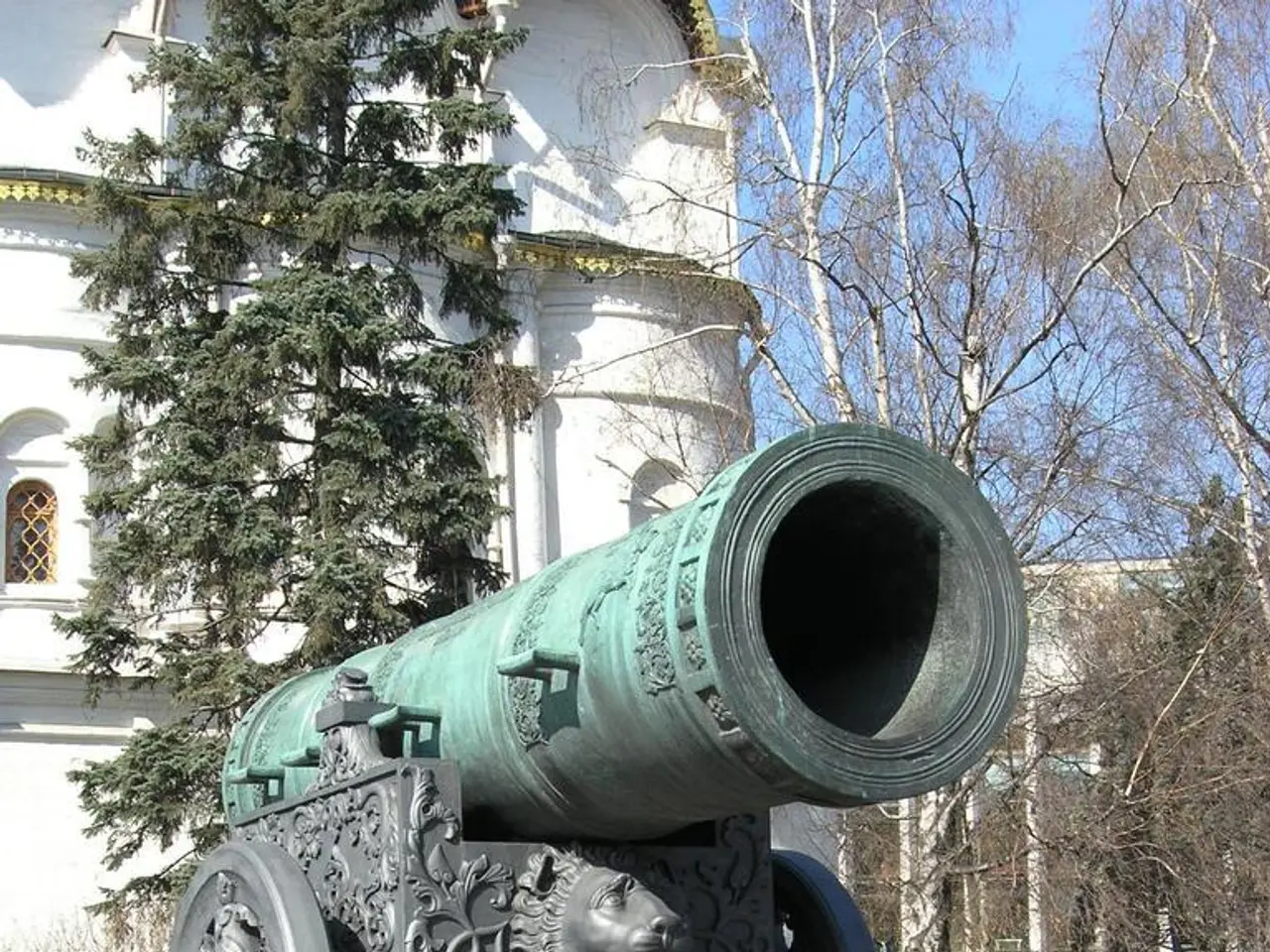Tehran Tensions: Unpacking Public Opinion on the Israel-Iran Ceasefire
- *
Tehran residents' perceptions on the peace treaty - Tehrani Residents' Perspectives on the Truce Agreement
Relief, but also wariness, permeates the streets of Tehran as the dust settles on the brief war between Israel and Iran. Despite the shadow of relief, many Tehran residents remain cynical about the long-term effects of the ceasefire and the political power brokers that govern their country.
Take Sudabeh, a retired teacher, for instance, who laments: "The Islamic regime was a nightmare, but the Israeli attack was the end of the world. I'm glad to be back in this nightmare and can sleep again without being woken up by rockets."
Dschahangir, a 47-year-old real estate agent, had harbored hopes that the bombardments would lead to the ouster of the Islamic clergy. Now, he believes: "The world, even (US President Donald) Trump, prefer a weak Iran over a free one."
Twenty-three-year-old Mina expresses frustration, stating: "This was the best chance for everyone to get rid of this regime, but they only weakened it, and the people will suffer again from the economic consequences."
Even among the student body, voices of disillusionment echo. Katajun, another twenty-something student, shares her disappointment with the Iranian opposition abroad: "They showed a weak performance. They sit 'over there' (in the West) and tell the Iranians to 'go to the streets and fight the regime' while Israel is bombing us. No wonder the regime doesn't take them seriously. From now on, we won't take them seriously either."
State-backed festivities herald the ceasefire announcement
Following the ceasefire declaration on Tuesday evening, supporters of the government gathered in Tehran for state-orchestrated celebrations – an expression of support for the armed forces. Media outlets reported this demonstration, which saw Iranian flags and banners dedicated to Tehran's political leadership.
Numerous Tehran residents had fled the city due to apprehension of attacks - seeking refuge by the Caspian Sea, smaller rural towns, or the borders. Supermarkets were mostly empty or closed, and there were instances of water and power outages. Most offices still remained shuttered. A substantial wave of returns has yet to materialize.
Tehran
- Iran
- Israel
- Ceasefire
- Fighting
Background Insights:
Opinions on the Ceasefire Between Israel and Iran
- Wary Optimism
Many Tehran residents welcome the reprieve from conflict, but uncertainty persists over whether the ceasefire will last with sustain peace. Fears of renewed hostilities loom due to the historical enmity between the nations and the complex regional dynamics. - National Pride and Security
Concerns about national pride and security intertwine in opinions about any agreement involving Israel. Some supporters of Iran’s leadership may view the ceasefire as a pragmatic move, while others fear it may signal concessions detrimental to Iran’s regional standing.
Iranian Leadership and Aspirations
- Reform and Openness
A significant portion of Tehran's populace yearns for political reforms leading to greater liberties, better governance, and international connectivity. They seek leaders focused on economic improvement, human rights, and transparency. - Economic Improvement
Addressing economic hardship, aggravated by international sanctions and domestic mismanagement, remains a priority for ordinary Iranians. They hope that their leaders will concentrate on eliminating corruption, boosting employment, and improving general welfare instead of perpetuating regional unrest. - Constructive Foreign PolicyA diplomatic strategy that strikes a balance between Iran's sovereignty and constructive relations with foreign nations is desired. Many yearn for less confrontational international policies that foster regional stability and open chances for cultural and economic exchange.
Concerns for the Future
- Continued Oppression and Restrictions
The persistence of authoritarian practices, like stifling dissent and restricting free speech, remains a point of worry for many. There is apprehension that political leaders will resist moving towards meaningful change. - Flare-ups of ConflictConcerns still linger over the prospect of renewed hostilities with Israel or involvement in proxy wars that could destabilize the region further and impact ordinary Iranians heavily.
- generational Divide
A generational divide exists, with younger Iranians often advocating for change and older generations sometimes clinging to tradition. This disparity breeds uncertainty about Iran's political trajectory.
Outlook
In summary, residents of Tehran generally react to the Israel-Iran ceasefire with a muted optimism yet undercurrents of skepticism. They prioritize economic stability, political reform, and a diplomatic approach over escalation. Yet, they harbor concerns over prolonged suppression and regional turmoil. Grasping the intricacies of public opinion in Tehran provides essential insight into the Middle East's ever-evolving geopolitical landscape.
- The European Union, with a commitment to the implementation of the UN Charter, is closely following the developments between Israel and Iran, aware of the complex regional dynamics and uncertain implications of the ceasefire.
- Despite the temporary respite from war-and-conflicts brought about by the Israel-Iran ceasefire, Tehran residents express ongoing concerns about politics and general-news, particularly in terms of national security, regional standing, and economic improvement.






